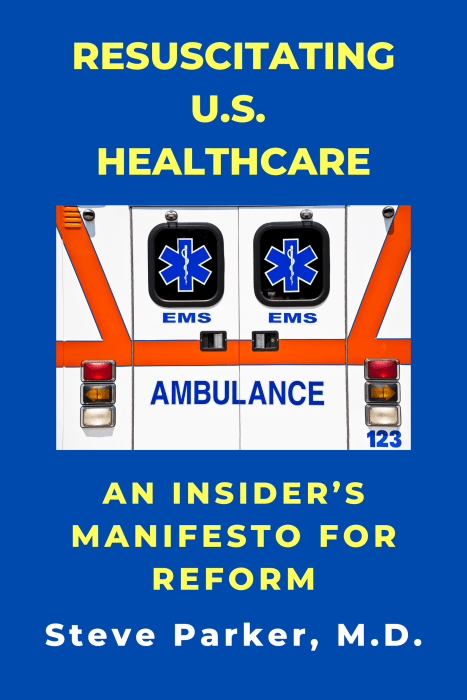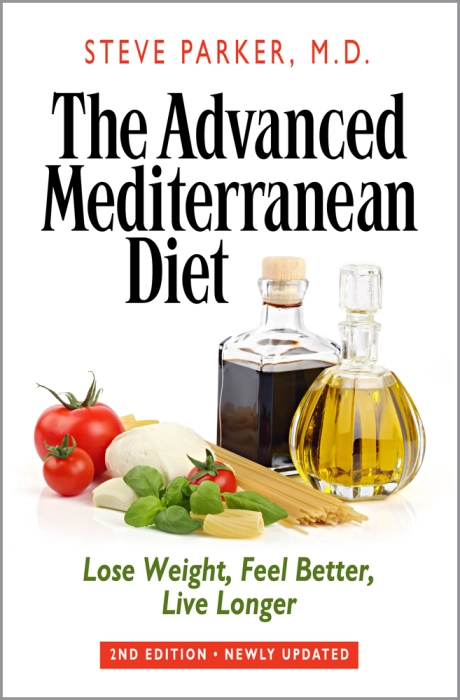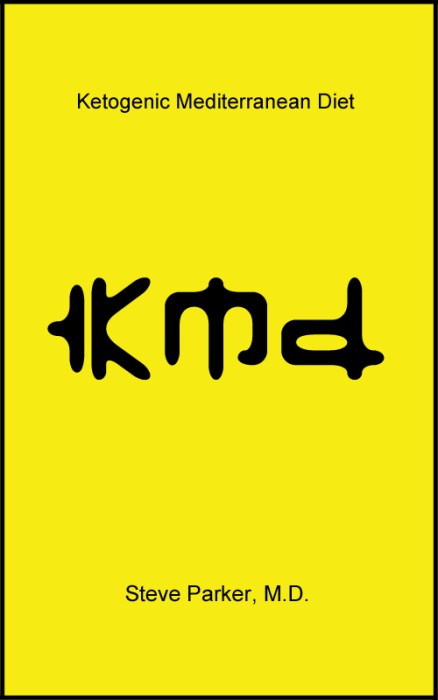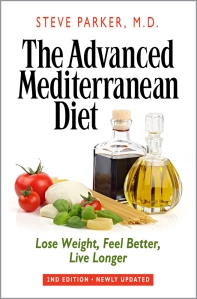Scott Gavura over at Science-Based Medicine writes about the desire to detoxify our bodies periodically:

Headlines about plastic particles being detected in blood, lungs, placentas, and other tissues have been rapidly assimilated into the wellness ecosystem. Microplastics are tiny plastic particles that come from the breakdown of larger plastic pieces. Because microplastics are ubiquitous, persistent and easily dispersed, they are found in water, food and air – and our bodies. While their impact on human health continues to be studied, the message from wellness entrepreneurs has been simplified to: Plastics are accumulating inside you, and are causing you harm.
This is the perfect setting for detox marketing. Much like the Candida detox kits popular 20 years ago, supplements, binders, sauna protocols, and “plastic detox” programs now claim to remove microplastics (instead of yeast) from the body or reduce an individual’s “plastic burden.” Some businesses and clinics offer testing panels that purport to measure retained plastics, despite the absence of validated methods to do so in a clinically meaningful way. Unlike Candida, microplastics are a real environmental and health issue worthy of study. And that’s happening. But, just like older detox trends, a real scientific issue is already being used to justify claims that go far beyond the evidence.
What’s missing from the marketing claims is any evidence that these detox interventions actually work. Detecting microplastics in human tissues does not automatically imply that they can be selectively removed, or that proposed detox strategies meaningfully alter health outcomes. There is no credible evidence that supplements, saunas, chelation-like binders, or dietary protocols can “flush” plastics from the body. The leap to offering a personal detox solution is marketing, not evidence-based medicine.
The microplastics detox narrative we’re seeing also exploiting a familiar (and recurrent) misunderstanding of toxicology: the assumption that detection equals danger, and that identification necessitates purging. In reality, …
He’s justifiably skeptical about microplastics detoxification protocols. The time may come can rid ourselves of this contamination. But it’s not now.
Steve Parker, M.D.








